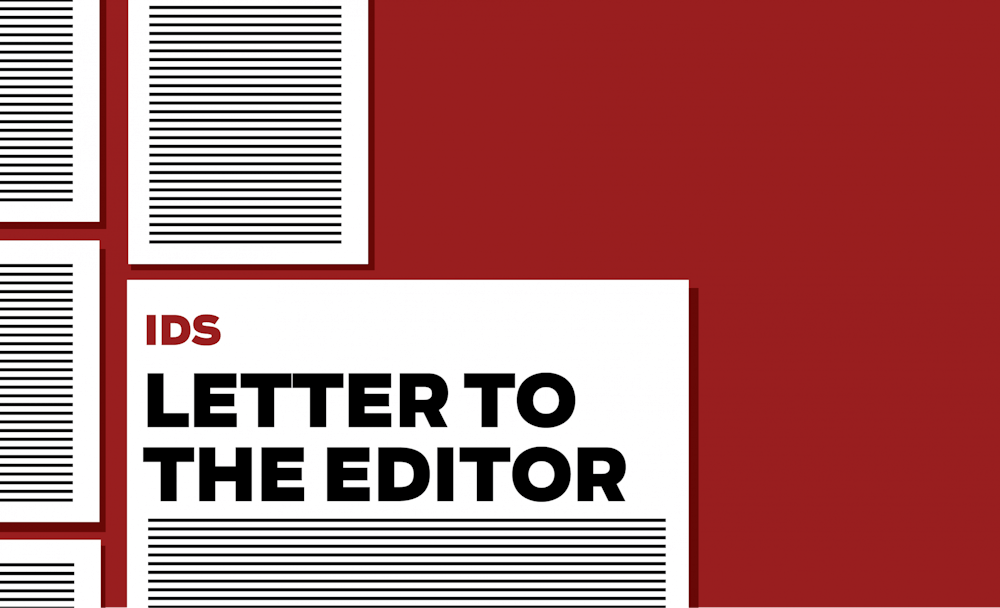In a previous guest column to the Indiana Daily Student, I noted — given IU’s continual financial growth in recent years — the demand of the Indiana Graduate Workers Coalition to end mandatory and international student fees for all graduate workers is a modest one.
IU has the money and the capacity to eradicate fees from the face of this university. It’s simply a matter of whether or not the Board of Trustees and the decision-making bodies of IU have the drive to do so.
[Related: OPINION: IU’s student fees committee is exclusive, secretive — and in charge of $25 million]
The IGWC has calculated graduate worker fees cover less than half of one percent of IU’s total operational budget. Despite this, we find ourselves paying more than $700 back to the university.
This financial burden, borne by graduate workers who make their living by working for the university, manifests in all manner of forms.
[Related: Grad student workers disagree with IU on a big issue: How much is their work worth?]
For me, it manifests in working a second or third job to keep up with my basic expenses, which pulls me away from my education and responsibilities as an assistant instructor. For a fellow graduate worker, the burden affects the wellbeing of his child, whose livelihood is dependent on the sub-standard stipend her father receives. One graduate worker came to the troubling realization they will more than likely have to forego future medical checkups after learning of a benign tumor.
Similar examples of graduate worker precarity are in abundance. Though we may experience it in different ways, graduate workers share the pervasive experience of financial burden due to low compensation and the further diminishing of that compensation through fees.
[Related: Indiana Graduate Workers Coalition calls for boycott of IU’s mandatory fees]
The work we perform for IU — where we conduct more than 30% of all classes and labor as research assistants, library aids, lab workers and technicians — is essential to its daily function. Without graduate workers, IU would cease to exist as a bastion of higher education.
Yet, despite our clear importance, we find ourselves shortchanged around every corner.
If the university wishes to rely so heavily on graduate student labor, then it has an ethical obligation to tend to those students’ material needs. Anything less is exploitative and undignified, undermining the spoken values of IU.
The widespread precarity of graduate workers asserts the demand to end fees as not only modest, but necessary.
It is a necessary first step to ending the burden of uncertainty that haunts our experience as graduate workers. The end of fees would bring us closer to a life which isn’t riddled with debt, anxiety, stress and malnutrition.
Cole Nelson, member of the Indiana Graduate Workers Coalition




